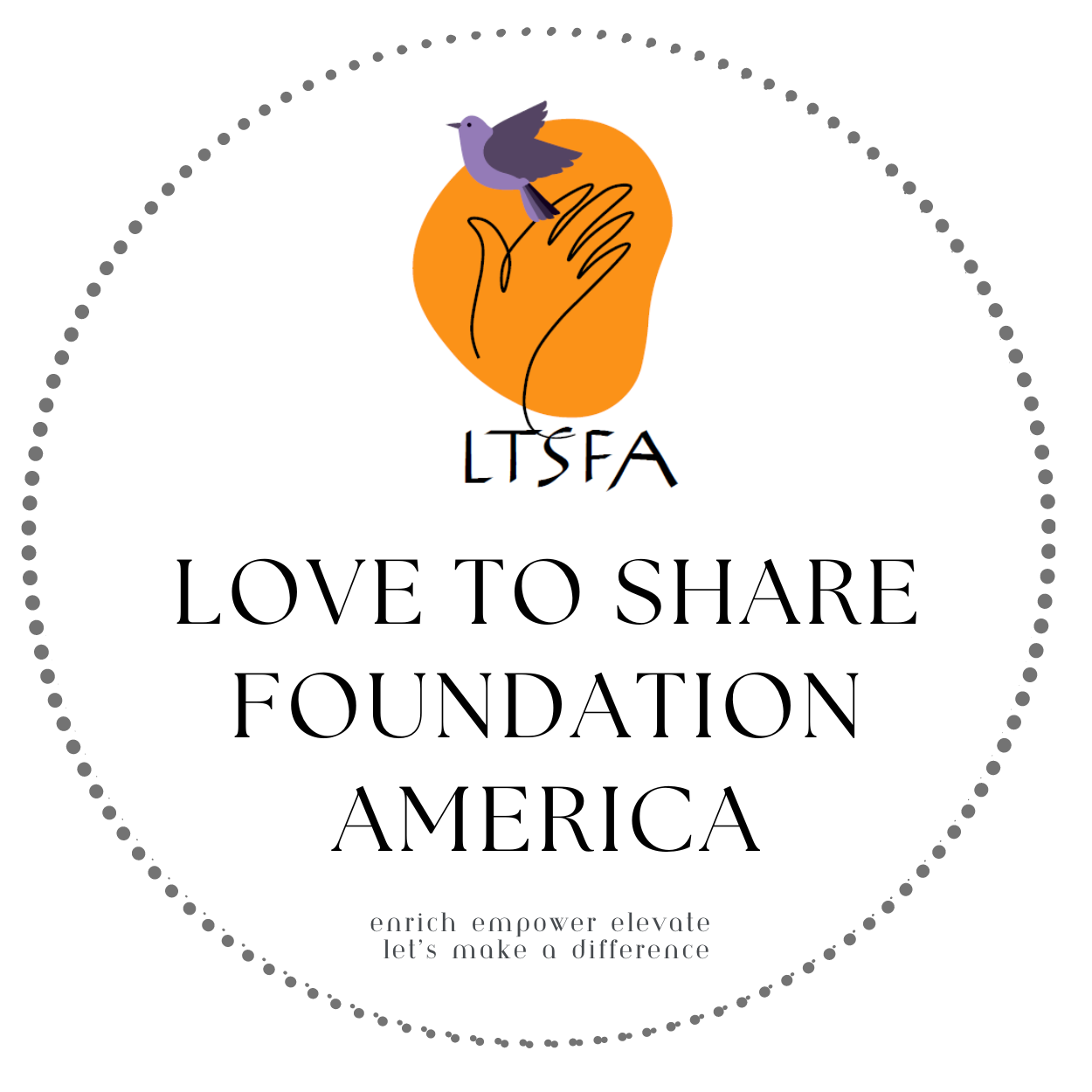intelligent living
The Blame Game:Why It Hurts & How to Stop Playing
On the surface, blaming is simply assigning someone responsibility for a fault or a wrong. When we dive deeper, it is the mechanism humans use to discharge discomfort and pain. But how is it bad? And, more importantly, how do we stop? To find a solution, we need to dive deeper into the effects of blame on mental health and well-being, as well as its impact on society.
When problems arise under stress, our first reaction might be to let self-blame take over. We might consistently blame ourselves for issues present and our negative feelings. This is one of the worst states for our minds to be in! We isolate ourselves, forcing a state of hopelessness and self-pity.
To escape this state, we tend to start blaming everybody except ourselves for our problems and emotions. This is still not ideal, as the moment we think our feelings are caused by something outside of us, we land in a state of helplessness. However, it is better than self-blame, as it allows us to release our feelings instead of directing them towards ourselves. But how do we achieve the best state of mind?
For a peaceful and understanding state of mind, the key idea to recognize is that others do not cause our feelings. Our needs cause our feelings, and sometimes those needs are not sufficiently met by others. The unmet need is the real problem. So, instead of jumping to blame ourselves or other people for problems that surface, what should we do?
1. Recognize and name the feeling that is present within us.
2. Process the feeling.
3. Connect the feeling to an unmet need that is stemming from a problem.
4. Acknowledge that the unmet need might be because of another person’s actions, others’ behaviors, or even our habits.
5. Identify a solution.
Solutions should include effectively and assertively communicating our needs. This includes a clear and appropriate tone, voice, and words. A request should be made stating what you want and why you want it that way.
An example: You and a peer are working together on a group project. You open the assignment, only to find out that your partner didn’t do any of their assigned jobs. You yell at your partner: “You’re always so lazy! Why do you never work?” Here, your language and tone create a disconnect, and your partner only sees the blame and not your own need. A clearer way of communicating would be: “I’m starting to feel stressed because the deadline is close, and some parts of the project still aren’t done. Let’s plan how to complete the project together!” In this way, you don’t use the wrong tone/voice, and you are clearly expressing your own need.
Additionally, it is found that when we consider our part in problems, we can recover from them and implement solutions more efficiently. Additionally, when we don’t blame others for causing problems, they are more likely to take accountability and admit to/apologize for mistakes that they have made. So, avoiding blame not only creates a better state of mind for us but also fosters a more cooperative environment for everyone.
To conclude, while we can’t blame others for what we are feeling, we can accept that other people may be a trigger for our feelings because their actions didn’t meet our own needs. By acknowledging this, we can think and interact more effectively to find solutions.
Recommended Listens:
Ramanujam MK
Michael Timms
Brené Brown
